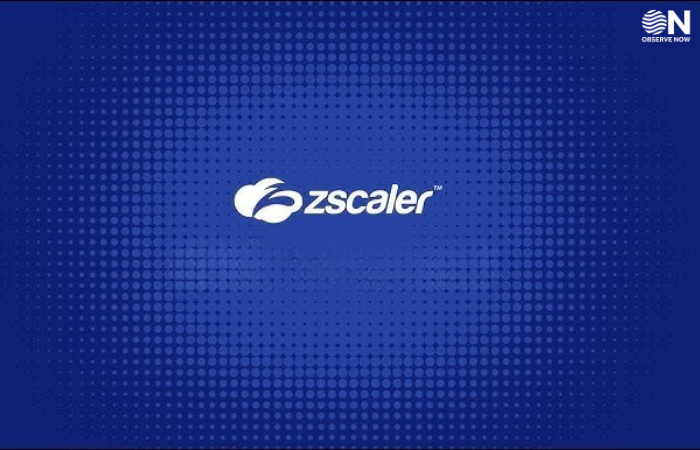Zscaler Unveils Advanced Zero Trust Capabilities to Secure AI and Cloud Environments

Zscaler has introduced a comprehensive set of enhancements to its Zero Trust Exchange platform, aimed at bolstering security for enterprises operating in increasingly AI-driven and cloud-native environments. These developments reflect a rising need for robust cybersecurity solutions as businesses adopt generative AI tools and accelerate their digital transformation.
At the core of the announcement is the expansion of Zscaler’s zero trust capabilities tailored to manage the risks associated with generative AI usage. With enterprises rapidly integrating AI across functions like customer support, software development, and analytics, concerns over data exposure and policy compliance have grown. Zscaler’s platform now offers deeper visibility and control over AI interactions, including the ability to classify sensitive data and enforce access controls based on usage patterns and intent. These capabilities are designed to protect enterprise data from misuse, especially as threat actors begin employing AI-based attack methods to automate phishing, data exfiltration, and lateral movement.
To support hybrid and distributed infrastructure, Zscaler has also enhanced its network security offerings. Among the updates is a new branch security solution that eliminates the need for traditional on-site firewalls and VPNs. This edge solution ensures that users and devices in branch locations are directly connected to the internet with full protection via Zscaler’s zero trust policies. The offering simplifies branch deployments while maintaining robust segmentation and compliance.
Additionally, Zscaler has launched a workload gateway that secures communication between cloud workloads without the complexity of deploying agents. Designed for popular platforms like AWS and Microsoft Azure, this new gateway ensures that applications hosted across different cloud environments can communicate securely under strict policy controls, reducing the risk of misconfigurations or insider threats.
The company has also invested in AI-driven automation for microsegmentation, allowing enterprises to limit lateral movement within their networks by automatically identifying and isolating sensitive workloads. This capability is particularly relevant for organizations that manage a mix of on-premise and cloud-native systems and require consistent security policies across both.
Recognizing the increasing demand for secure external collaboration, Zscaler introduced a business-to-business exchange framework. This component facilitates secure and policy-driven data sharing between partners, suppliers, and customers—without relying on traditional VPN solutions, which can often create vulnerabilities and complicate user access.
These updates arrive as enterprises face exponential growth in AI-related activity. With thousands of models and applications in use, IT leaders are challenged to govern their usage effectively without hindering innovation. Zscaler’s strategy centers on embedding security at the application and user level rather than the network perimeter, allowing for continuous authentication and real-time policy enforcement.
By integrating AI capabilities directly into its threat detection and policy engine, Zscaler is providing organizations with the tools to proactively identify and respond to risks. The platform offers real-time visibility into user behavior, data flows, and application access, backed by AI-generated analytics and recommendations.
The company’s leadership emphasized that these enhancements reflect a broader vision of enabling “Zero Trust Everywhere”, securing users, data, workloads, and devices across all enterprise environments. As businesses lean further into AI and multi-cloud ecosystems, Zscaler’s latest capabilities are designed to ensure that innovation can scale safely and efficiently, with security built into the fabric of every digital interaction.
















